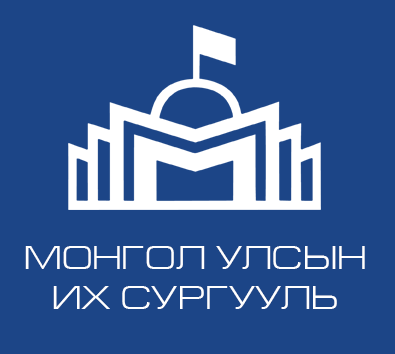About
Home / About
The National University of Mongolia (NUM) is a major intellectual center with 8 schools, 3 local schools, 3 national institutes, and other research centers, as well as undergraduate and graduate students, scholars and faculty staff.
NATIONAL UNIVERSITY OF MONGOLIA
The National University of Mongolia (NUM) is a major intellectual center with 8 schools, 3 local schools, 3 national institutes, and other research centers, as well as undergraduate and graduate students, scholars and faculty staff.
During its historical development, the National University of Mongolia has made a significant contribution to the foundation of the higher education system in Mongolia by establishing six new universities: currently known as the Mongolian State University of Education, the Mongolian University of Life Sciences, the Mongolian National University of Medical Sciences, the Mongolian University of Science and Technology, the University of the Humanities, and the Khovd University.
We have set a goal to reach a competitive level with other regional institutions by changing our policy attitudes as the global educational and scientific demands are changing, as well as national and international criteria and standards are getting higher with a goal to reach an international level.
The vision of the National University of Mongolia was defined in the Strategic Plan for the Development for 2016-2024 as “The vision of the National University of Mongolia is to become a world-class university. As a result, in 2024, the National University of Mongolia will become a leading research university within the region based on the liberal art, and will be among the top 100 universities in Asia.” We are working to achieve this goal by defining our strategic priorities.
We admire true knowledge, humanism and intelligence
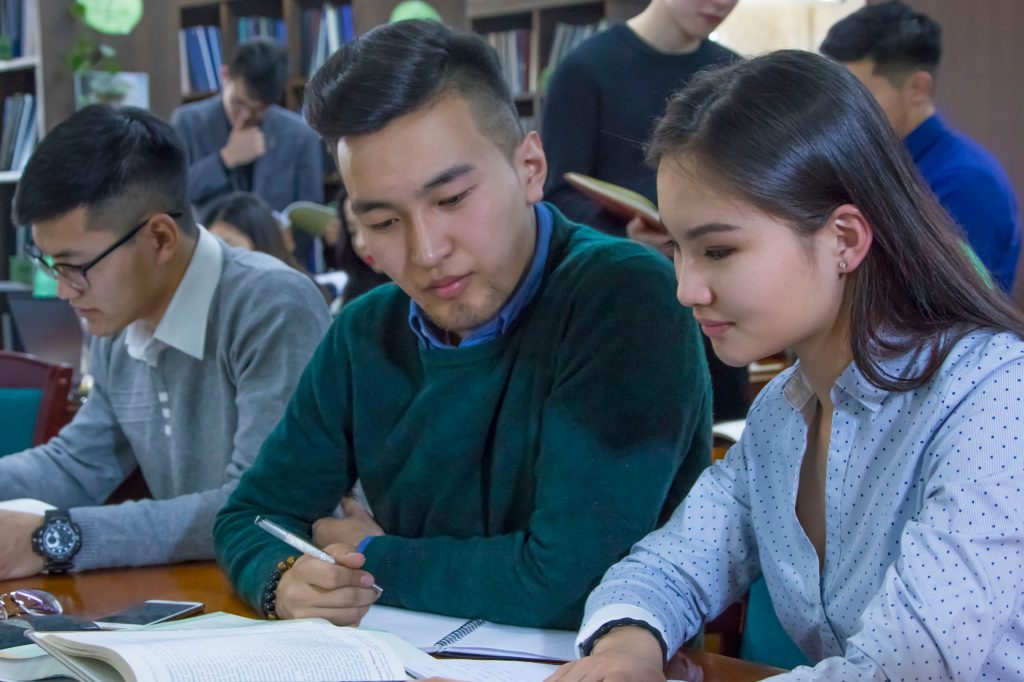
Vision
The vision of the NUM is to meet the international standards and improve its global ranking. As a result, it aims to become a leading research university within the region based on the liberal arts education, and subsequently to fit in the top 100 universities in Asia in 2024.
Mission
NUM is an academic institution whose mission is to disseminate knowledge and within the framework of the vision, it provides research and teaching on a sustainable basis through a “liberal arts” program that covers key issues in the natural sciences, economics, and social development.
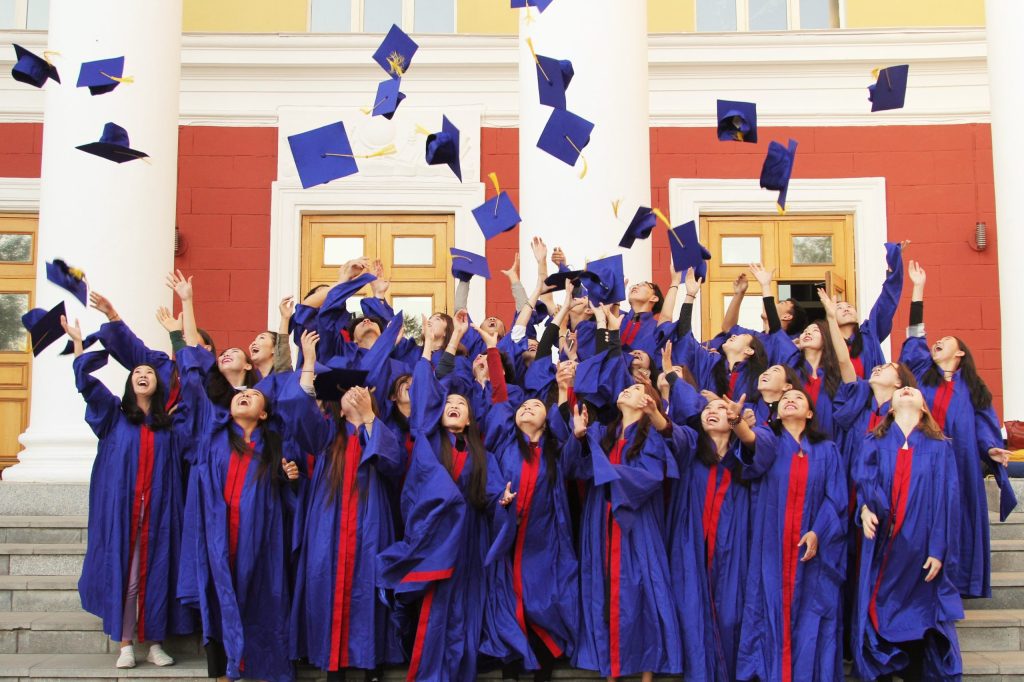
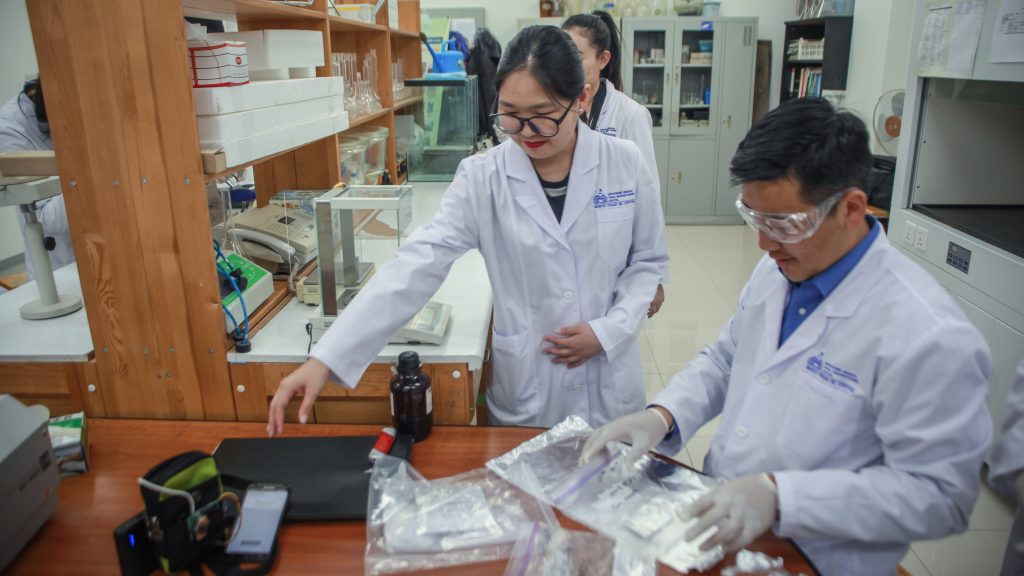
Strategic priorities
The University recognizes the key outcomes of the following strategies as priorities for achieving its vision and mission, which are as follow:
- Expand the scope of research and bring its level up to the world standards.
- Bring the learning and teaching process into the world-class level
- Be a leader in society in terms of knowledge and leadership
- Ensure the independence of the organization, introduce the best international management methods and provide the organization with financial stability.
Value
Every member of NUM adheres to the following values. These include:
Academic freedom
Develop critical thinking, encouraging free and open intellectual exploration and enabling them to express their findings without any pressure.
Development exemplar
Set the standards for learning, teaching, expanding the scope of knowledge, and promoting creative motivation
Ethos
Respect the ethics of teachers, researchers, students and individuals, be honest and treat each other with benevolence
Leadership
Be a leader who strives for a better, fairer, and more promising society and has a willingness to make a positive change in the country
Respect and Encouragement
Value and motivate one’s knowledge, skills, creativity, and new ideas.
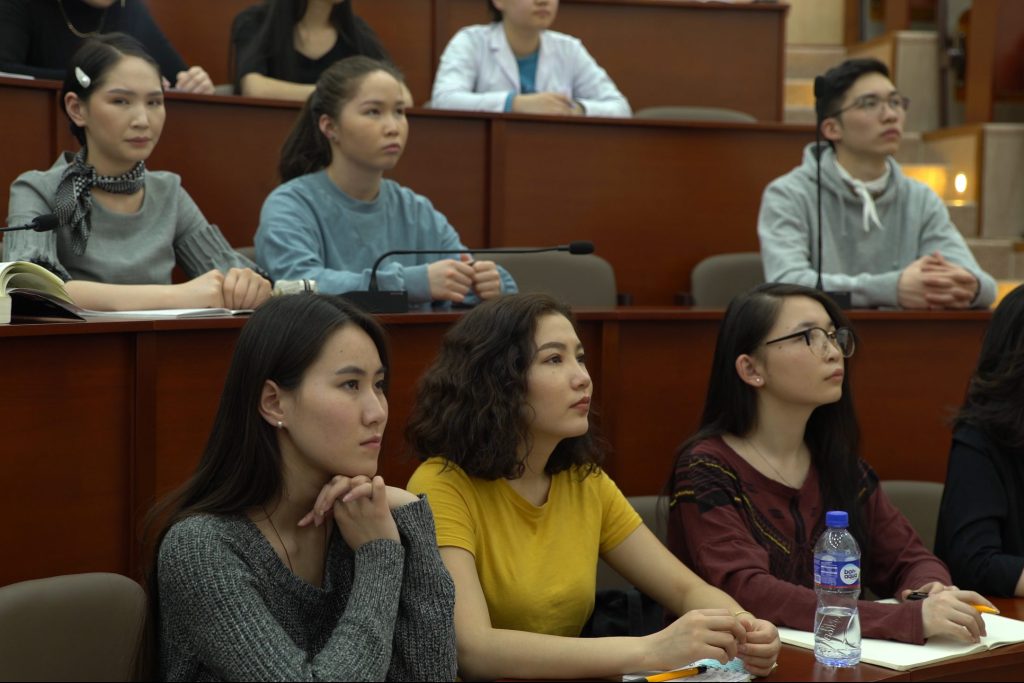
International Cooperation
The NUM is collaborating with more than 220 international universities and organizations from the different parts of the world. As a realization of our partnership agreements, the NUM is growing as a globalizing university with a multicultural academic community and a broad range of exchange programs and joint academic activities.
Besides promoting equal and mutually beneficial international cooperation with partner institutions, the NUM is actively involved in coordinating international scholarship programs including Erasmus Mundus, AusAid, Fullbright and Eurasia. The NUM has been a trusted partner of Erasmus Mundus since 2009 with over 70 students and faculties involved in various programs such as Bridging the Gap, One More Step, AREAS and Swap and Transfer. The NUM was selected as a joint coordinator of the GATE program.
In addition the NUM faculty and young scholars are strongly supported by UNINET Austria, UMAP-University Mobility in Asia and the pacific through capacity building programs.
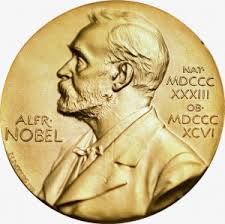
The NUM aims to cultivate a unique tradition at the University in hosting the lecture series of Noble laureates. So far, the NUM hosted four Noble lectures in fields of physics and chemistry. The main goal of the Noble Lecture Series is to support the interest of Mongolian younger generations in science and to build scientific awareness within the public.
Contact:
Department of International Relations and Cooperation
National University of Mongolia
Ikh Surguuliin gudamj -1
P.O.Box -46A/523
210646 Ulaanbaatar, Mongolia
e-mail: int_rel@num.edu.mn
